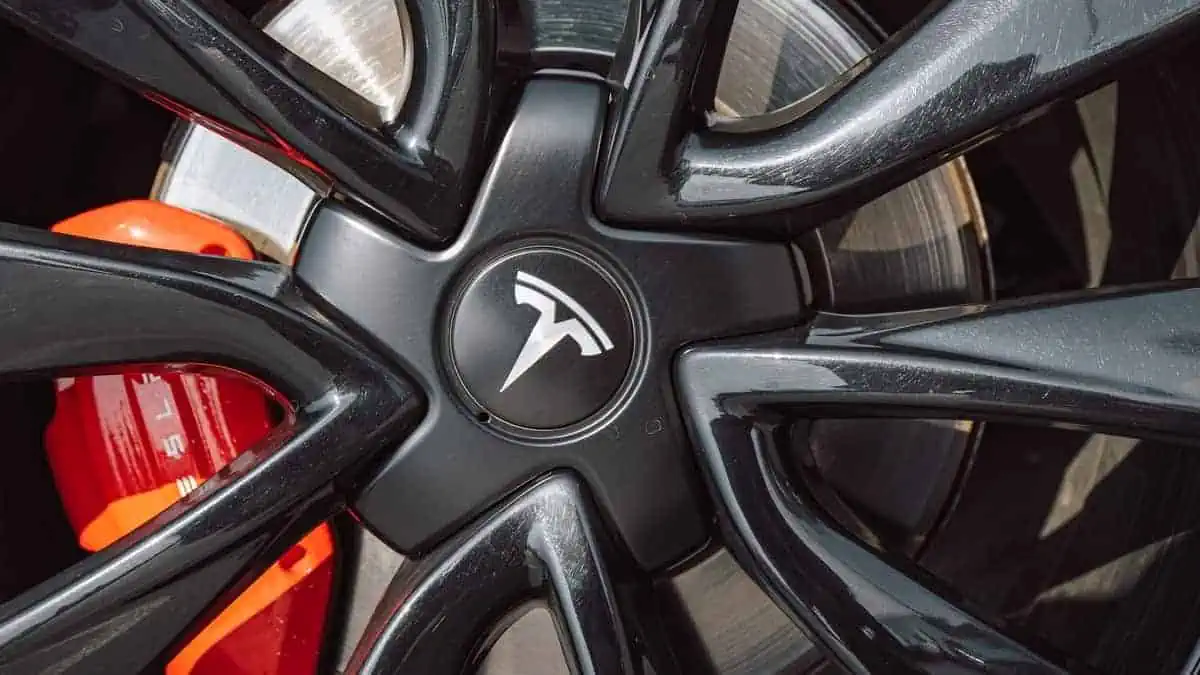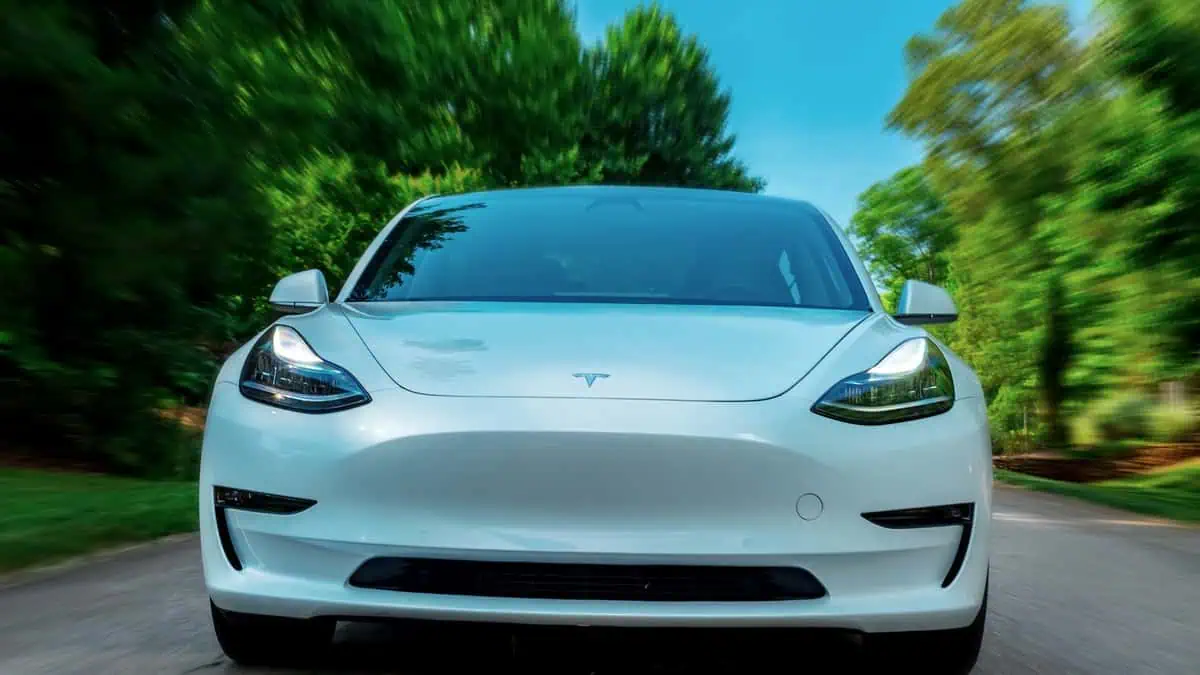Ukraine has an emerging industry in the automotive space that primarily revolves around fixing or refurbishing “totaled” electric vehicles from North America, according to WIRED.
Ukraine’s EV resurrection industry
Ukraine’s high-skilled electric vehicle mechanics import units that were declared unfixable in the US and Canada.
Wreck importers from the said European country leverage their ingenuity to resurrect end-of-life EVs and benefit from the enormous number of crashed North American electric cars amid the widespread uptake.
For instance, Armed Forces of Ukraine member Ivan Malakhovsky owns a five-year-old business in Dnipr that has a monthly fixing rate of 100 Tesla EVs. Of this total, approximately one-fifth are imports from other countries.
Malakhovsky asserted that his team also recycles battery cells from retired packs and uses them to power electric scooters. He also noted that the Armed Forces also use drones built from dead EVs for war operations.
“We have problems in our lives and can fix them, whether a battery or a full-scale invasion. Electric cars, electric car batteries—it’s no problem.”
Ivan Malakhovsky, Wreck Importer
Russia and Ukraine war’s role in the advancement of the new industry
Interestingly, the war between Russia and Ukraine reportedly accelerated the growth of the latter’s EV resurrection industry due to increasing gas prices.
The extremely high cost of gas prompted many drivers to shift to battery-powered cars as they sought to reduce their transportation-related expenses.
“There is a joke here that all poor people are driving electric cars, and all the rich people are driving petrol cars. Tesla is a common-people, popular car because it’s very cheap in maintenance.”
Ivan Malakhovsky, Wreck Importer
Significance
There are only a few automakers in Ukraine, as noted by Teslarati. Notably, EVs account for only 9% of the new vehicle sales in the country.
That said, having an EV resurrection industry is crucial to improving the technology’s availability. In addition, it also offers a viable and smart solution for the disposal of dead EVs, considering the growing number of them in North America.
EVs’ batteries can be dangerous due to their fire risks and poisonous chemicals, as implied by Its For Home. Therefore, ensuring they are disposed of properly is crucial to avoid potential consequences for human lives and the environment.
Despite these benefits, resurrecting dead EVs may also pose disadvantages, such as data risks. For instance, some resurrected EVs may still have the former owners’ online accounts and data.






